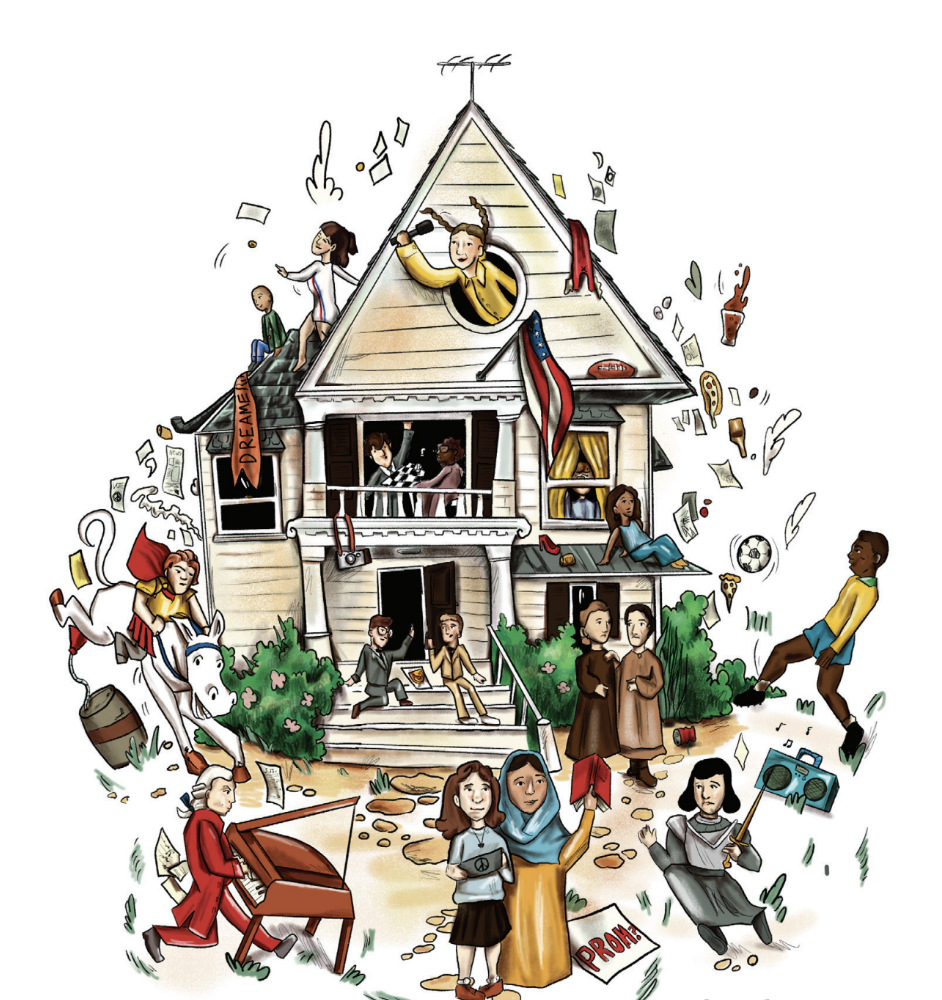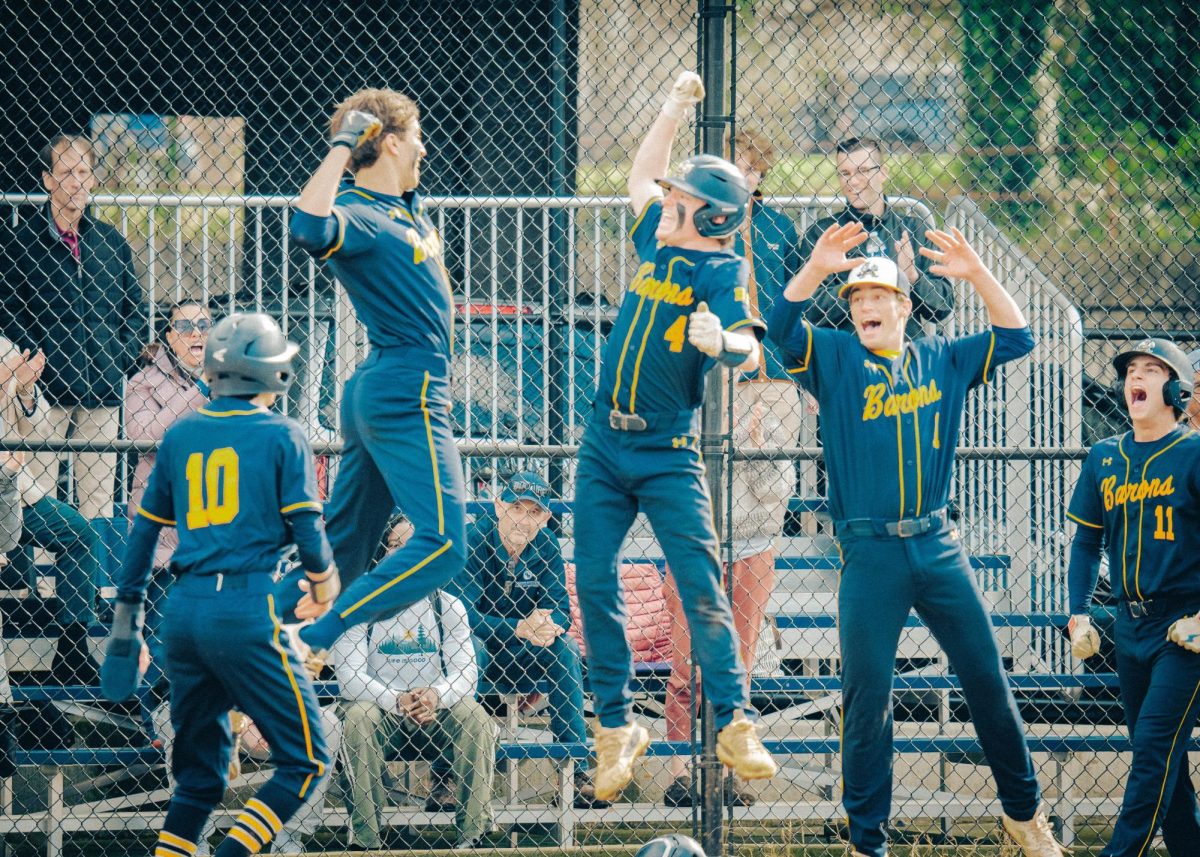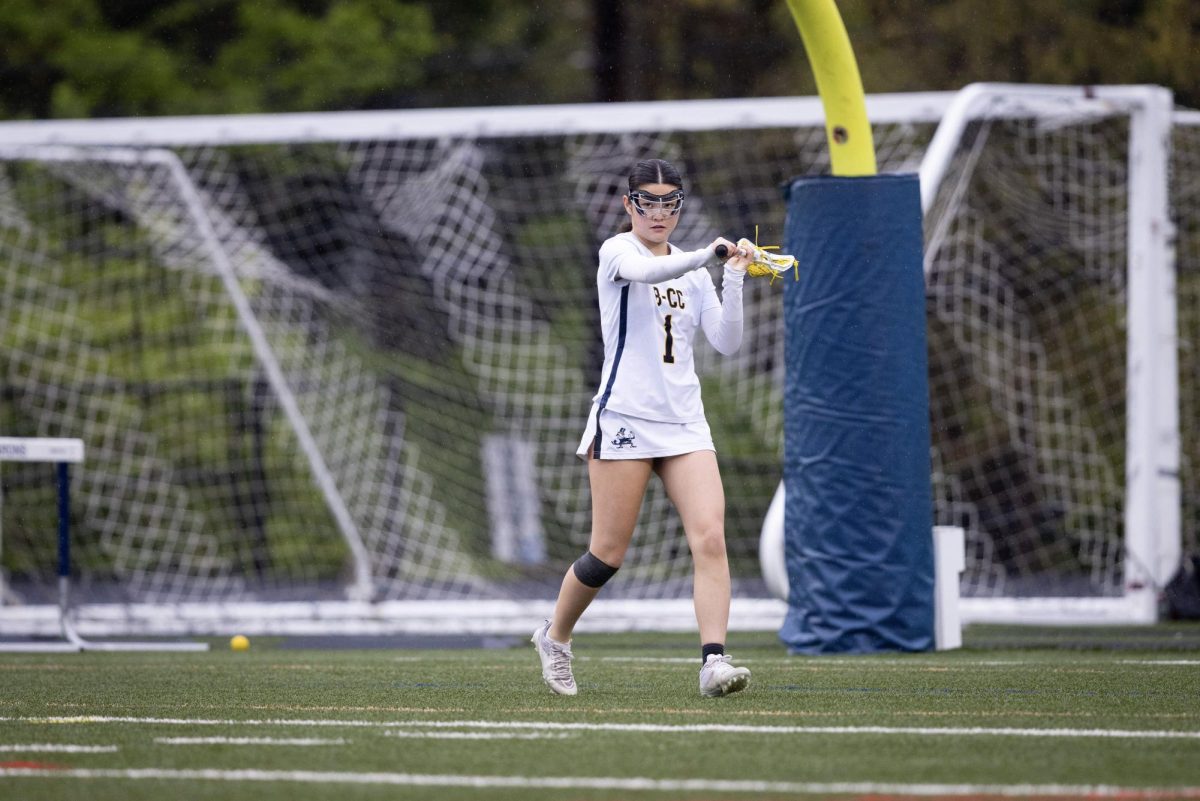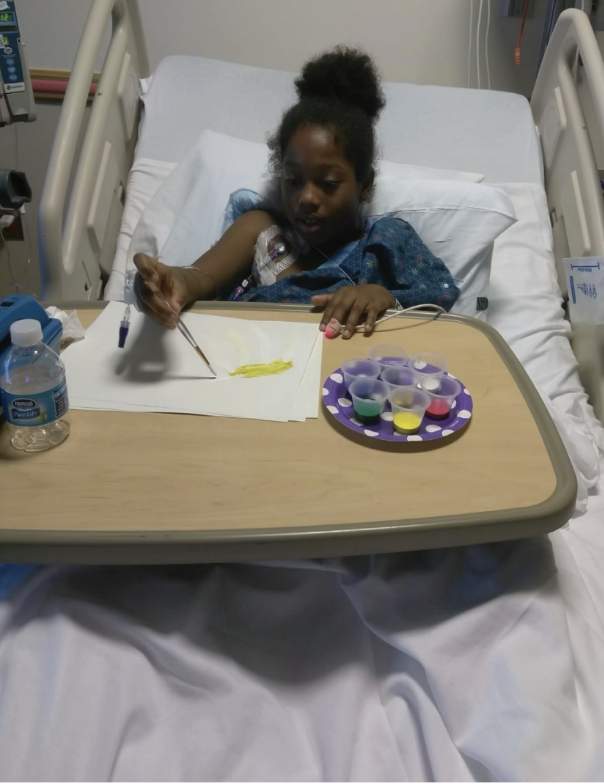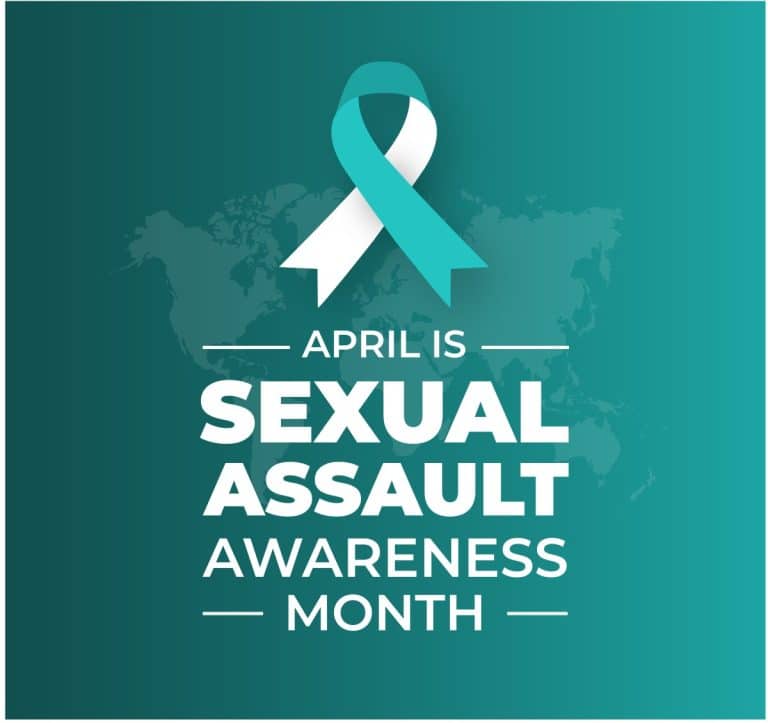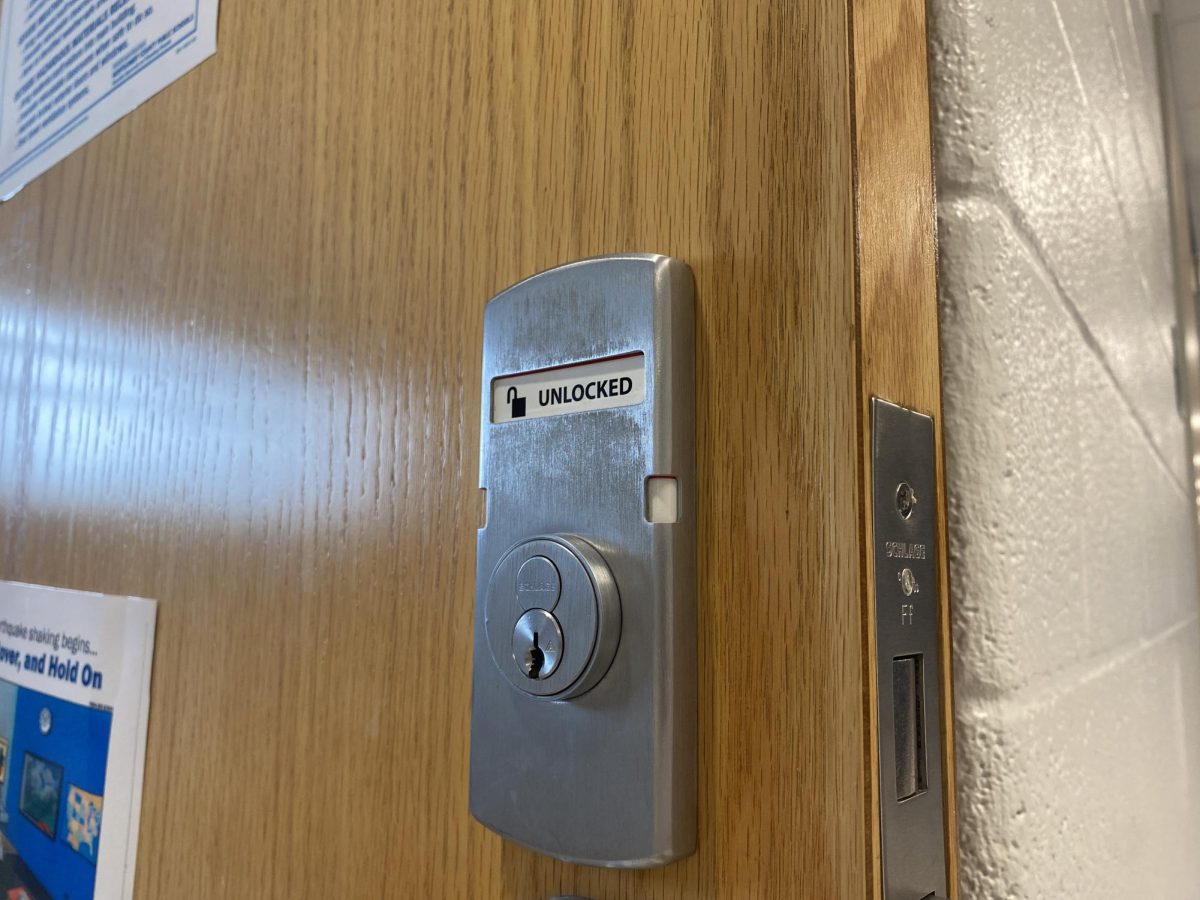“It feels like I can’t concentrate, and it feels like my head is constantly in a brain fog. I get irritated with my teachers and classmates more frequently. I only got five hours of sleep a couple of nights ago,” revealed Junior Maya Jones.
Teenagers need ample sleep to sustain physical and mental wellness, and many are not achieving the recommended amount. Most are not aware of the numerous effects of sleep deprivation for this age group and normalize overworking and prioritizing school work and social activities over sleep. Counter to what most think, this overworking mindset is not beneficial for any student — and is, in fact, harmful to their performance in school.
According to the CDC, “Teenagers aged 13–18 should sleep 8–10 hours per 24 hours.” A prevalent effect of sleep deprivation for students is stress. “The lack of sleep that high schoolers get is definitely contributing to their [poorer] mental health. It can lead them to feel bad about themselves and to feel like they are not smart enough to be in the classes that they are in, but in reality, they are just too tired to function throughout the day,” Jones continued.
For Jones, the two causes of her lack of sleep are her phone usage and having a lot of homework. “When I use my phone before bed, it is difficult to fall asleep. I just keep scrolling and scrolling until I get so tired that my brain falls asleep by itself.” Additionally, studies from the National Sleep Foundation have shown that phone usage before bed can end in suppressing melatonin production, a natural hormone needed to achieve healthy sleep. Junior Julia Holland expressed, “You can’t reach your full potential if you’re constantly tired. Feeling sleep deprived at school is hard, even when you are trying your best.”
For student-athletes at school, their lack of sleep might not be so technology-oriented. Junior Ani Bailin, an athlete on the track team, shared, “I get home at 5:00 p.m., and then I am exhausted from my sport. It feels like I don’t mentally have the energy to do two or three hours of homework everyday.” Most student-athletes like Bailin must maintain good grades to attend daily practices and meets. She continued, “I mentally push myself a lot in practice, and then I come home, and I just want to sleep, and having to push myself to do schoolwork after being at track all afternoon is challenging.”
With the prevalence of sleep deprivation among high schoolers, already stressful expectations are pushed further, which is damaging to their wellness. To address issues of student stress, the B-CC administration has taken measures like implementing no-homework weekends, even though some students find these useless. Holland commented, “It is not a no-homework weekend, just a moved-back due date. It is not helpful. When there are no-homework weekends, they just move all the due dates to Friday instead of Sunday, which I feel is way worse.” All-in-all, managing in-school and out-of-school commitments with less than eight hours of sleep is not feasible for students. Sleep should be a priority.
Math teacher, Dr. Akintounde, feels that while homework and practicing skills are integral to the learning process, teachers should remain aware that students also have responsibilities outside of school. He expressed, “Students have all these commitments outside of school. Some kids have jobs and other things to do. If a teacher assigns homework, make it reasonable, and assign something that can easily be given feedback to.” This notion of assigning only valuable homework for students is helpful for students already managing out-of-school obligations. If teachers assign busy work, students prioritize it over sleeping, which could also diminish their overall wellness and performance.
However, in a previous Tattler article, Ms. Rizkallah explained, “B-CC has a ton of support for students that some people don’t know about.” These resources include the wellness center located in the C1 wing, the counseling offices, and the school psychologists on campus. Students should take advantage of their attempts to mitigate the effects of high workloads on student mental health, if more sleep is not a feasible option. For many students, achieving the recommended amount of sleep is not possible, but they can help manage the detrimental effects of sleep deprivation on mental health with these resources.



